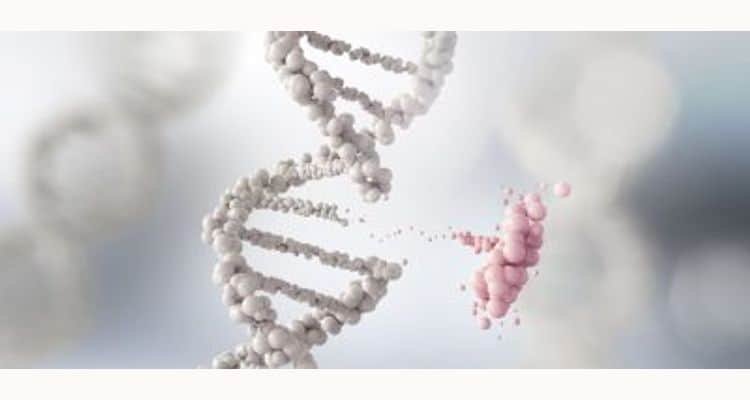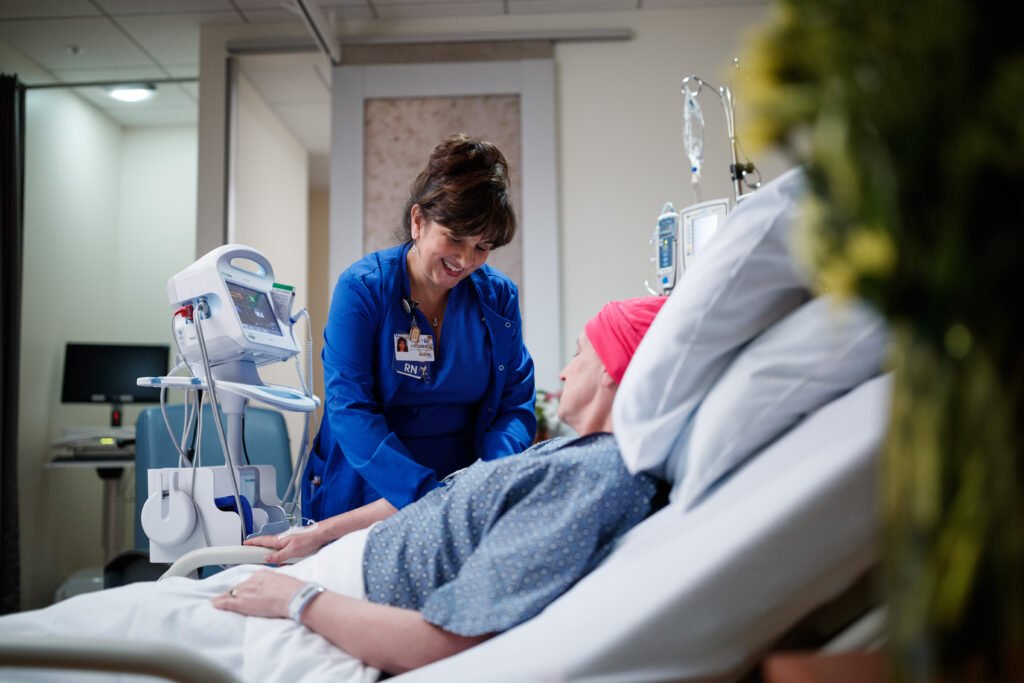Cancer is diagnosed through a combination of medical evaluation, imaging tests, laboratory tests, and tissue sampling (biopsy). Advanced techniques such as CT scans, MRI, PET-CT, endoscopy, and blood marker tests help oncologists accurately detect, stage, and monitor cancer. Early and precise diagnosis is crucial for planning effective, personalized treatment and improving patient outcomes.
FAQ's
General Questions
Oncology is a branch of medicine that specializes in the diagnosis, treatment, and management of cancer in patients of all ages. This includes cancers of various organs and tissues, whether solid tumors or blood-related malignancies.
Oncology focuses on diagnosing and treating various cancers that can affect different parts of the body. Common types include breast cancer, lung cancer, colorectal cancer, prostate cancer, head & neck cancer, blood cancers (like leukemia and lymphoma), skin cancer, and gastrointestinal cancers. Each type requires a personalized approach to ensure effective treatment and improved outcomes.
Cancer can affect different parts of the body, and early signs may vary depending on the type. Common warning signs include unexplained weight loss, persistent fatigue, lumps or swelling, changes in skin or moles, unusual bleeding or discharge, persistent cough or difficulty breathing, and changes in bowel or bladder habits. Recognizing these symptoms early and consulting an oncologist can lead to timely diagnosis and more effective treatment.
Cancer treatment depends on the type, stage, and location of the disease, as well as the patient’s overall health. Common treatment options include surgery to remove tumors, radiation therapy to destroy cancer cells, chemotherapy to target rapidly dividing cells, targeted therapy to attack specific cancer molecules, and immunotherapy to boost the body’s immune response. Often, a combination of these therapies is used to achieve the best outcomes while minimizing side effects and improving quality of life.
Oncologists are specialized doctors who diagnose, treat, and manage cancer. They can be found at cancer hospitals, comprehensive cancer centers, multispecialty hospitals, and specialized oncology clinics. Many oncologists work as part of a multidisciplinary team to provide personalized care, combining surgery, chemotherapy, radiation, and supportive therapies to ensure the best possible outcomes for patients.


Cancer Screening & Diagnostic Tests: Quick Q&A
Tests and imaging techniques used to detect cancer early or evaluate its extent, such as biopsy, MRI, CT scan, PET-CT, or blood tests.
To detect cancer at an early stage, accurately stage the disease, and guide appropriate treatment planning.
Depends on the type of test; may involve imaging scans, tissue sampling, or blood analysis.
Yes, most diagnostic tests are non-invasive or minimally invasive and performed under professional supervision.
Your oncology team will discuss personalized treatment options including surgery, chemotherapy, radiation, targeted therapy, or immunotherapy, based on your diagnosis.
